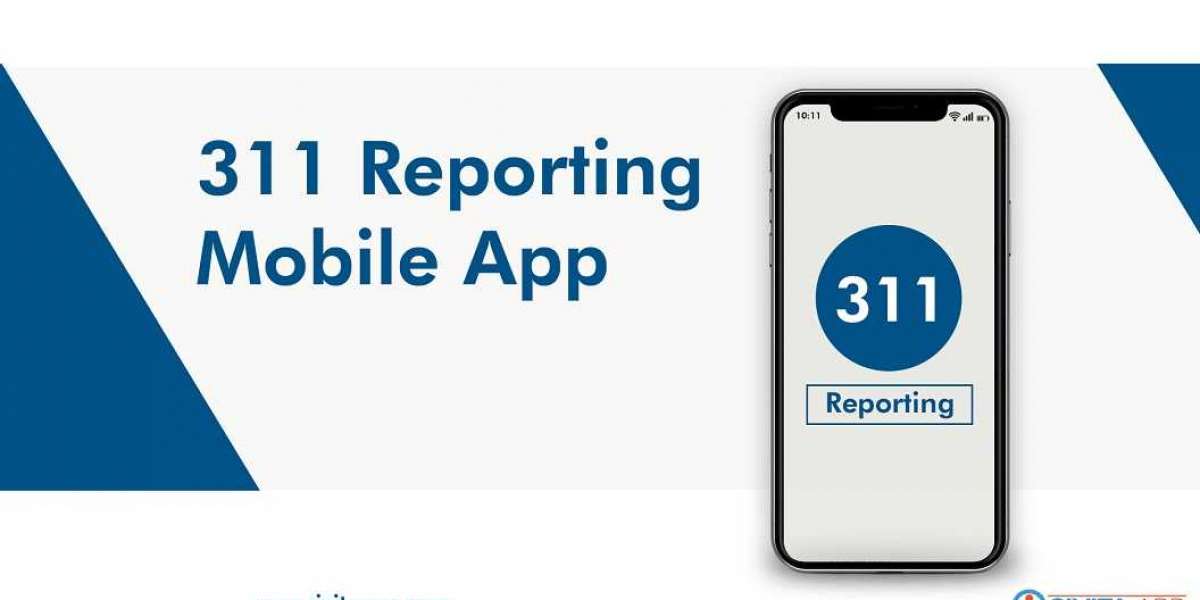In the digital era, data is the lifeblood of modern businesses. As organizations increasingly rely on data to operate, innovate, and compete, the role of data centers has expanded beyond infrastructure management to ensuring security, compliance, and reliability. A compliant data center not only protects sensitive information but also builds trust, supports regulatory requirements, and helps enterprises avoid penalties.
Meeting compliance standards is no longer optional it has become a critical necessity. These standards act as a framework for how data centers should manage, store, and secure digital assets while ensuring business continuity and legal adherence.
This article explores the key compliance standards every data center should meet, why they are important, and how businesses can benefit from choosing a facility that adheres to these guidelines.
Why Compliance Matters in Data Centers
Compliance in data centers refers to adhering to industry regulations, government mandates, and security best practices that govern how data is managed. It ensures that the infrastructure meets legal, operational, and ethical obligations.
Protecting Sensitive Data
Many industries such as healthcare, finance, and e-commerce handle large amounts of sensitive information. Compliance ensures that data privacy and security are maintained, reducing risks of breaches or misuse.
Avoiding Legal and Financial Penalties
Failure to comply with industry regulations can result in hefty fines, legal actions, or even business closures. Compliance standards help organizations avoid such consequences.
Enhancing Customer Trust
A compliant data center demonstrates accountability, professionalism, and transparency, which helps in building long-term trust with clients and partners.
Supporting Business Continuity
Compliance frameworks include disaster recovery and resilience measures, ensuring uninterrupted services even during unexpected events.
Key Compliance Standards Every Data Center Should Meet
1. ISO/IEC 27001 – Information Security Management
ISO/IEC 27001 is an internationally recognized standard for information security management systems (ISMS). It focuses on identifying, managing, and mitigating information security risks.
What it Covers: Confidentiality, integrity, and availability of information.
Why It Matters: Ensures that the data center has robust policies, risk management, and continuous monitoring systems in place.
2. SOC 1, SOC 2, and SOC 3 Compliance
The Service Organization Control (SOC) standards are developed by the American Institute of Certified Public Accountants (AICPA).
SOC 1: Focuses on internal controls related to financial reporting.
SOC 2: Evaluates security, availability, processing integrity, confidentiality, and privacy of data.
SOC 3: A simplified version of SOC 2, often used for public reporting.
Why It Matters: SOC compliance demonstrates transparency and accountability in how data centers manage and protect client data.
3. HIPAA – Health Insurance Portability and Accountability Act
HIPAA compliance is crucial for data centers serving healthcare organizations or handling protected health information (PHI).
What it Covers: Data privacy, security, and integrity of healthcare information.
Why It Matters: Ensures PHI is safeguarded against breaches, meeting strict requirements for healthcare-related operations.
4. PCI DSS – Payment Card Industry Data Security Standard
PCI DSS compliance is required for data centers that store, process, or transmit cardholder data.
What it Covers: Network security, access control, encryption, and monitoring of payment systems.
Why It Matters: Helps prevent credit card fraud, ensuring businesses and customers are protected in online transactions.
5. GDPR – General Data Protection Regulation
The GDPR is a regulation in the European Union that governs data privacy and protection. Even organizations outside the EU must comply if they handle EU residents' data.
What it Covers: Personal data protection, consent management, data transfers, and privacy rights.
Why It Matters: Ensures strict data privacy controls, with heavy penalties for non-compliance.
6. CCPA – California Consumer Privacy Act
Similar to GDPR but focused on consumers in California, CCPA emphasizes data rights and transparency.
What it Covers: Consumer rights regarding access, deletion, and sharing of personal data.
Why It Matters: Establishes strong consumer protections for U.S. businesses handling California residents’ information.
7. FISMA – Federal Information Security Management Act
FISMA applies to federal agencies and their contractors.
What it Covers: Federal data security policies, risk management, and secure handling of government data.
Why It Matters: Essential for data centers that manage or support federal operations.
8. Tier Classification – Uptime Institute Standards
The Uptime Institute has established a tier system (Tier I–IV) for data centers to classify reliability and redundancy.
Tier I: Basic infrastructure.
Tier II: Redundant capacity.
Tier III: Concurrent maintainability.
Tier IV: Fault tolerance and highest reliability.
Why It Matters: Provides clients with a benchmark for operational uptime and reliability.
9. ISO 22301 – Business Continuity Management
This standard ensures that data centers can withstand and recover from unexpected disruptions such as natural disasters or cyberattacks.
What it Covers: Business continuity planning, disaster recovery, and resilience.
Why It Matters: Minimizes downtime and ensures continuous operations for clients.
10. CSA STAR Certification – Cloud Security Alliance
As more businesses migrate to cloud environments, CSA STAR certification has gained prominence.
What it Covers: Security, transparency, and privacy in cloud environments.
Why It Matters: Validates that the data center can handle cloud workloads securely.
Challenges in Meeting Compliance Standards
While compliance is crucial, it is not without challenges:
Constantly Evolving Regulations: New laws and standards are frequently introduced, requiring continuous adaptation.
Cost of Implementation: Achieving and maintaining compliance can be expensive, requiring investments in technology, staff training, and audits.
Complex Infrastructure: Managing compliance across hybrid and multi-cloud environments adds complexity.
Global Operations: For multinational organizations, meeting multiple regional compliance frameworks can be overwhelming.
Benefits of Choosing a Compliant Data Center
Enhanced Security: Data centers with compliance certifications provide stronger defenses against cyber threats.
Regulatory Assurance: Businesses can confidently meet industry-specific requirements without additional overhead.
Improved Reputation: Clients prefer partnering with providers who demonstrate a commitment to compliance.
Operational Reliability: Compliance ensures high availability, disaster recovery, and fault tolerance.
Best Practices for Ensuring Compliance
Conduct Regular Audits – Periodic evaluations help identify gaps in compliance.
Invest in Staff Training – Employees should be aware of compliance protocols and responsibilities.
Adopt Automation Tools – Automation helps track and enforce compliance consistently.
Implement Strong Access Controls – Role-based access and authentication prevent unauthorized access.
Continuous Monitoring – Real-time tracking ensures immediate detection of anomalies or violations.
Conclusion
Compliance is the backbone of a secure, reliable, and trustworthy data environment. A compliant data center not only safeguards sensitive data but also supports legal adherence, enhances business continuity, and strengthens customer confidence. Organizations that prioritize compliance position themselves for long-term success in a rapidly evolving digital landscape.
For businesses seeking dependable and future-ready data solutions, 360TCS offers the expertise, infrastructure, and compliance certifications needed to thrive. Partner with 360TCS today and take the next step toward building a secure, compliant, and resilient digital future.







